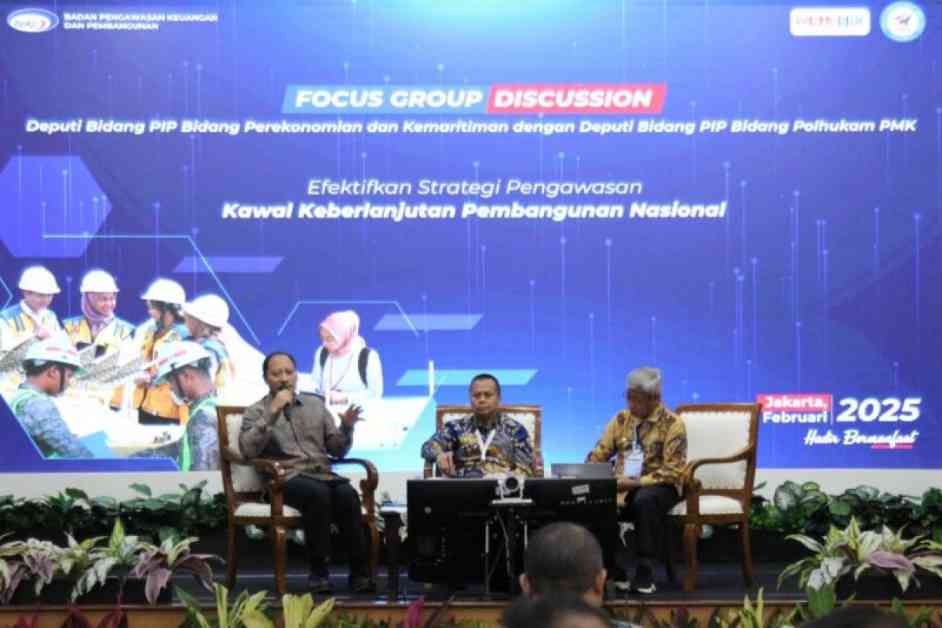Government Initiative to Revitalize Schools Extends to Private Institutions
In a bold move to enhance the quality of education across Indonesia, the government has unveiled a comprehensive school revitalization program that extends its reach beyond public schools to include private institutions in need of support. This initiative aims to ensure a more equitable distribution of quality education by providing assistance to private schools through a dedicated budget allocation. The announcement was made by Katiman, the assistant deputy for technology research and industrial partnerships at the Coordinating Ministry for Human Development and Culture, who emphasized the government’s commitment to building access to decent and uniform education in all regions.
Prioritizing Equality in Education
The government’s decision to include private schools in its revitalization program is part of a broader effort to address disparities in the educational landscape and promote equal opportunities for all students. By focusing on the equalization of facilities and infrastructure, digitalization of learning, and overall improvement of educational quality, the government aims to create a more level playing field for students across the country. This approach is in line with the President’s directive to prioritize the revitalization of schools, the development of superior educational institutions, and the acceleration of digital learning initiatives.
Addressing Teacher Shortages and Infrastructure Challenges
In addition to physical revitalization efforts, the government is also addressing critical issues such as teacher shortages in remote areas, particularly in eastern Indonesia. In some conflict-affected regions, teachers are facing security concerns that have led to a significant exodus, leaving a vacuum in educational staffing. In response to this challenge, the government is exploring innovative solutions to ensure that all students have access to quality education, even in the most remote and underserved areas. This includes plans to establish superior senior high schools in key locations, including the new capital Nusantara (IKN) and other strategic regions.
Embracing Digital Learning and Social Media Policies
As part of its broader agenda, the government is also focusing on the digitalization of learning and developing policies to guide the responsible use of social media among students. Drawing inspiration from initiatives in countries like Australia, where regulations restrict children under 16 from using certain social media platforms, Indonesia is considering similar measures to safeguard students from the potential negative impacts of technology. By preparing a comprehensive strategy to navigate the intersection of education and technology, the government hopes to create a safer and more conducive learning environment for all students.
In conclusion, the government’s commitment to revitalizing schools and improving the quality of education in Indonesia is a critical step towards building a more inclusive and equitable educational system. By extending its support to private schools, addressing teacher shortages, and embracing digital learning initiatives, the government is laying the groundwork for a brighter future for all students. As the country continues to evolve and adapt to the changing demands of the education landscape, initiatives like these will play a crucial role in shaping the next generation of leaders and innovators.






















